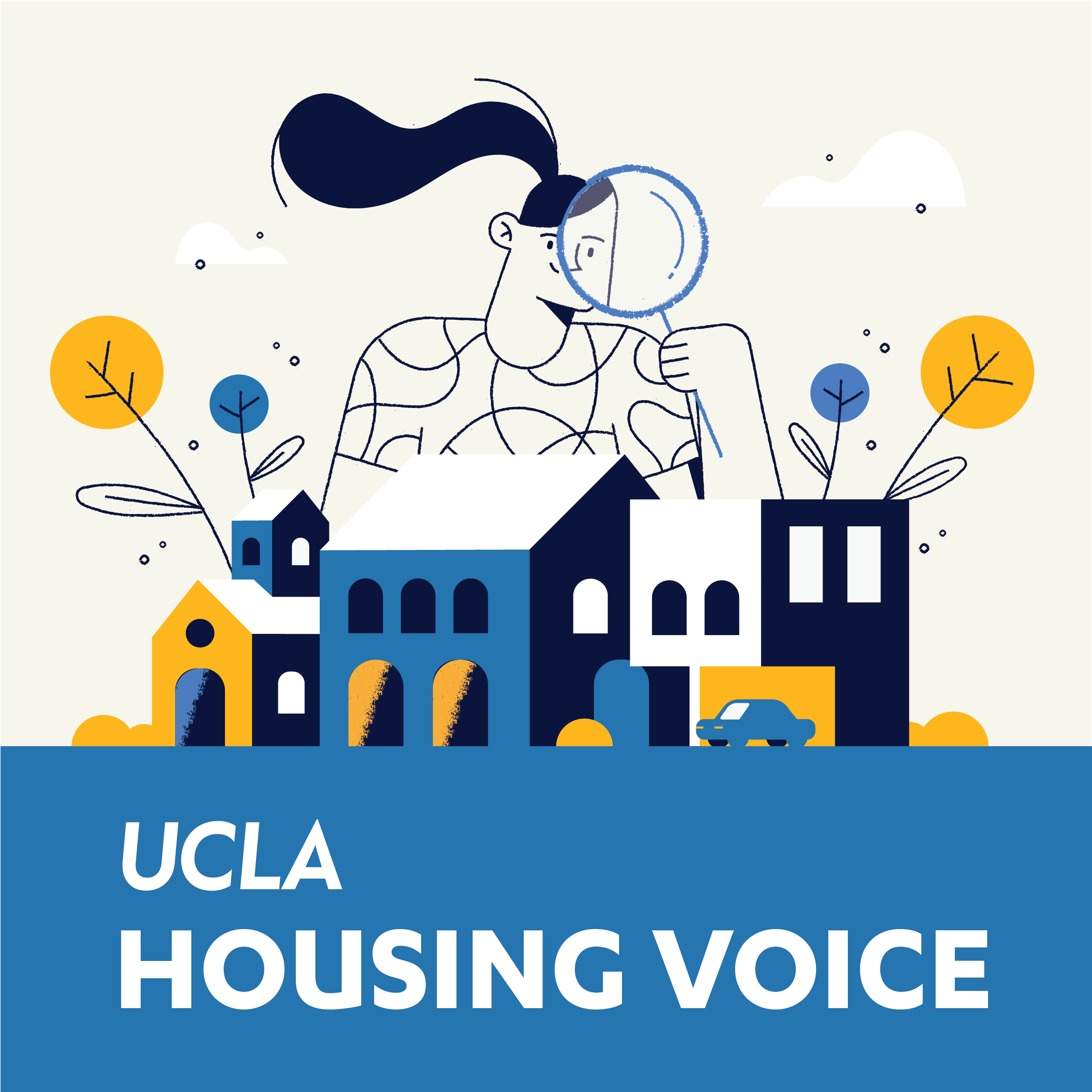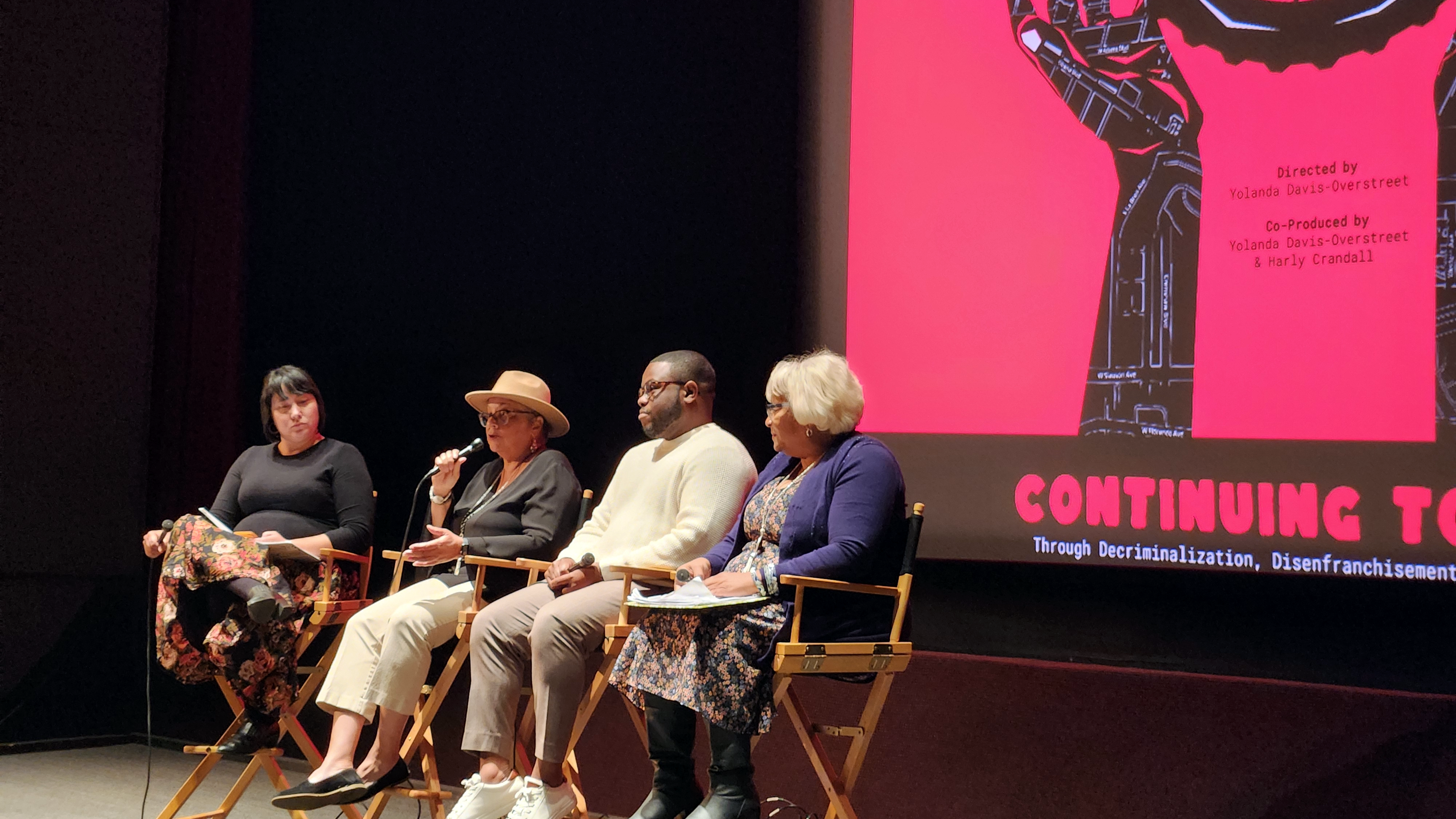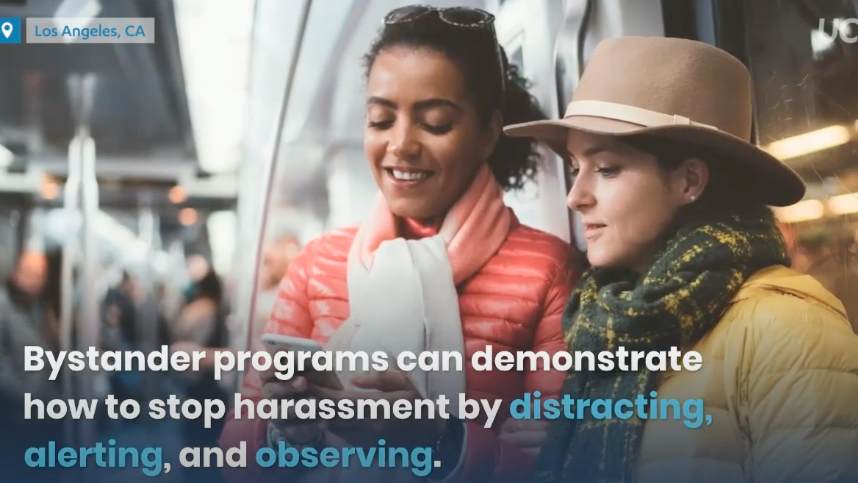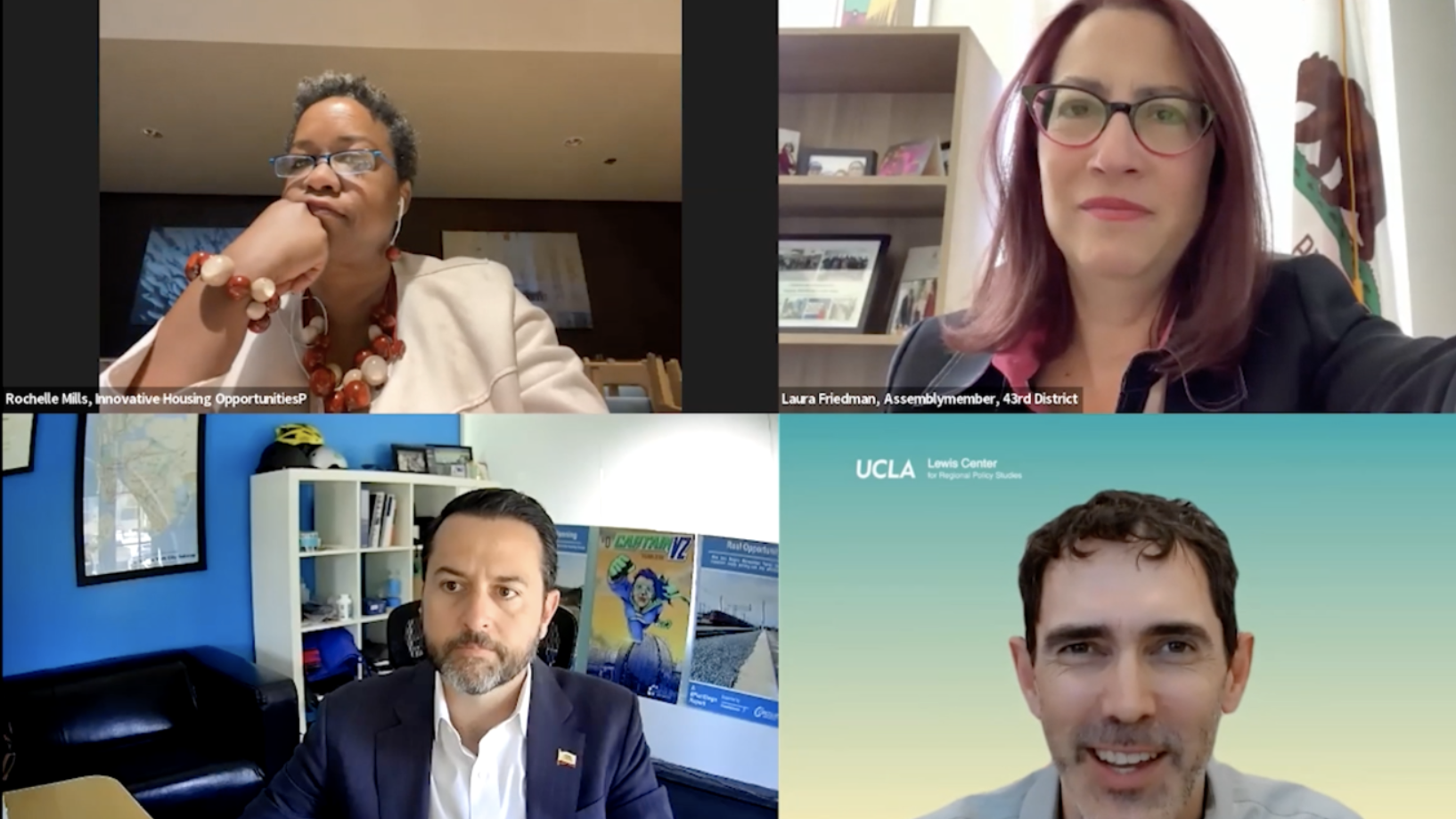Episode 79: Who Pays For Inclusionary Zoning with Shane Phillips
Lewis Center2025-04-09T12:12:16-07:00Inclusionary zoning policies use the market to produce affordable housing, but nothing comes for free. So who pays? Shane takes the guest seat to discuss his analysis of IZ in Los Angeles, making the case that it’s not developers or high-income renters who bear the cost, but all renters — poor, middle income, and wealthy alike.





